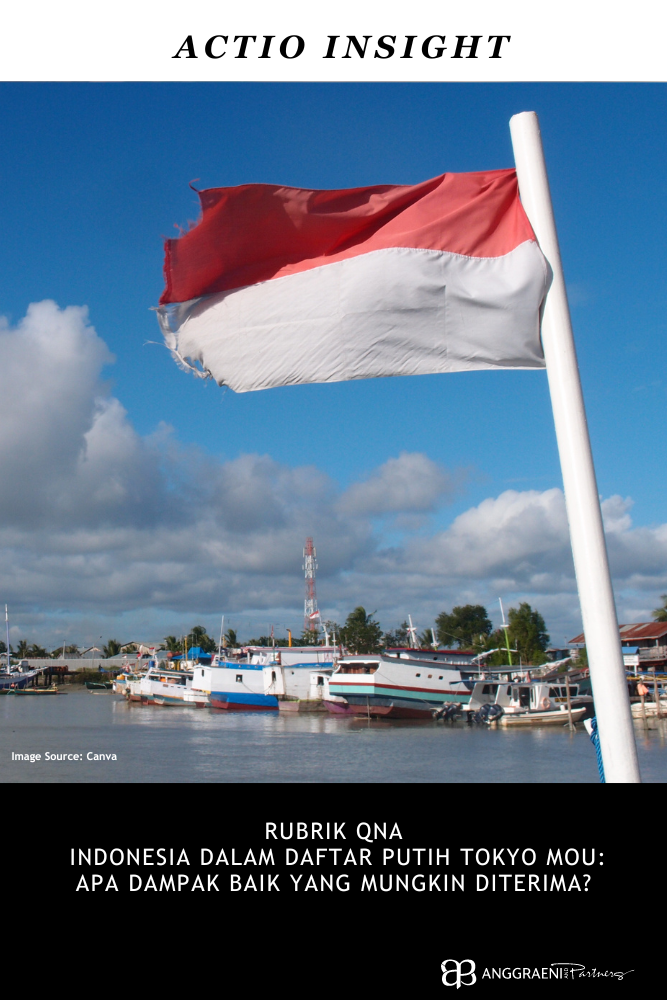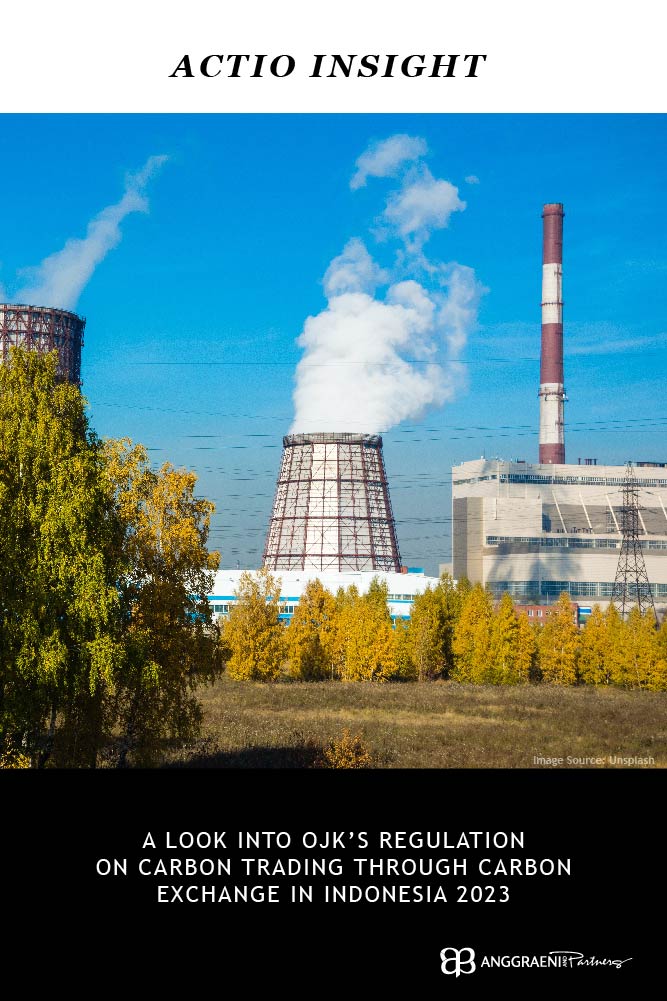THE ENIGMA OF INQUIRY INTO CRIMES IN STRATEGIC NATIONAL PROJECTS
The promulgation of Presidential Regulation Number 3 of 2016 regarding Acceleration of Strategic National Projects Implementation (Presidential Regulation 3/2016) has the potential to create a conflict of authority between law enforcers and government institution. The regulation, which was enacted on 12 January 2016, was actually created to accelerate the implementation of strategic projects to fulfill basic needs of the people and promote people’s welfare. In addition to easing the licensing process, Presidential Regulation 3/2016 also protects strategic projects from potential obstacles, one of which the allegation of a criminal act which requires a project to be placed as an object of a criminal investigation.
This policy can be found in Article 31 paragraph (1) of Presidential Regulation 3/2016 which basically provides that every settlement of alleged deviation or misuse of authority shall be carried out by prioritizing administration process. The government’s “involvement” in an alleged deviation or misuse of authority in a strategic national project is clearly provided for in Article 31 paragraph (2) of Presidential Regulation 3/2016 which specifies the obligations of the police or public prosecutors to forward to the relevant ministry/ institution, governor or regent/ mayor, any report or complaint related to the implementation of any strategic national projects.
It is noted that the government intends to protect strategic national projects to minimize stalled projects due to investigation or inquiry by the police or public prosecutors THE ENIGMA OF INQUIRY INTO CRIMES IN STRATEGIC NATIONAL PROJECTS on any report. On the other hand, however, this presidential regulation is potentially contradictory to other laws, namely Law Number 16 of 2004 regarding Public Prosecution Service of the Republic of Indonesia (Public Prosecution Service Law) and Law Number 2 of 2002 regarding State Police of the Republic of Indonesia (State Police Law).
“As acknowledged, the police and the public prosecution service have an authority for an alleged criminal act under the laws. The public prosecution service, as provided for in Article 30 paragraph (1) of the Public Prosecution Service Law is authorized to conduct an inquiry into certain criminal acts, including corruption. Meanwhile, the police is authorized under Article 14 paragraph (1) of the State Police Law to conduct investigation and inquiry on all criminal acts.”
In a hierarchy of laws, as provided for in Law Number 12 of 2011 regarding Formation of Laws and Regulations, particularly Article 7 paragraph (1), the position of presidential regulation is two levels below the Law. This raises a question, as when there is a contradiction between the provisions of a presidential regulation and those of a law, under the “lex superior derogat legi inferior” principle, a higherdegree regulation will supersede a lower-degree one. In this case, the law should have superseded the presidential regulation.
The inconsistency existing amongst the Public Prosecution Service Law and the State Police Law as well as Presidential Regulation 3/2016 is interesting to be further studied. First, the presidential regulation may be filed for material review to the Constitutional Court, to discover whether or not the provisions therein are contradictory to the laws, particularly the Public Prosecution Service Law and the State Police Law. The second possibility is for Presidential Regulation 3/2016 to be interpreted as not contradictory to the law above it, as Article 30 of Presidential Regulation 3/2016 does not eliminate the authority of a public prosecutor or a police officer to conduct investigation and inquiry.
Although Presidential Regulation 3/2016 is not considered contradictory to the State Police Law and the Public Prosecution Service Law, the writer is of the opinion that Article 30 of Presidential Regulation 3/2016 would create an enigma and lead to a conflict of authority between law enforcers and relevant institutions/ministries. On one hand, if the preliminary examination process is carried out administratively, the relevant ministry/institution does not have the authority to exercise coercive measures such as a seizure or a search. This might cause or give a chance for the perpetrator to eliminate evidence. On the other hand, there is no rule which imposes any consequence if a police or a public prosecutor refuses to forward the report/complaint on abuse or misuse of authority to the relevant institution/ministry.
-ADP-


